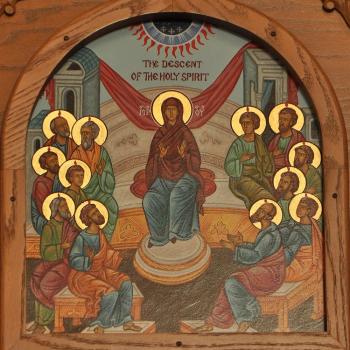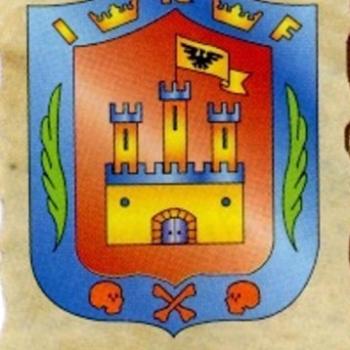Now Featured in the Patheos Book Club
Beginnings
The First Seven Days of the Rest of Your Life
By Steve Wiens
Embracing the Journey of Becoming: A Q&A With Steve Wiens
Tell us a bit about your new book and what inspired you to write it at this time?
Beginnings is about partnering with God in creating and becoming, using every bit of pain and promise that our actual lives have included. All of the breakdowns and all of the breakthroughs are ingredients in the dynamic stew of becoming, which is bubbling within each of us.
I’ve become convinced that when we peer into the cracks and slivers of our lives, we realize we are lost, even if we haven’t left home. When we listen for the melody of our lives, it is drowned out by the endless drumbeat of a forced march, and we feel our exhaustion at a deep, soul level.
This is a very good moment, containing a hidden gift. But most of us miss it because we are too afraid to leave the forced march.
This book is about not missing those moments. This book is about leaving the forced march. This book is about finding hidden beginnings and pursuing the endless adventure of becoming.
I suppose it could be said that I wrote this book in the midst of a midlife crisis! I felt stuck in the middle of all the decisions that were already made, and though I didn’t regret many of them, the feeling of being stuck was suffocating. So I went on a journey to discover the nature of God and human beings, and I found that beginnings lurk around every corner. We just need to help in seeing them. This book is my offer to help.
The subject of your book brings to mind the oft-quoted phrase: When God closes one door, he opens another. How does your book resonate with, and add to, that proverbial wisdom?
Well, honestly, I tend to reject pithy little statements like that about God (insert broad smile). I don’t think anything is that simple. When a window closes, did God close it, or did I just mess it all up? When a door opens, did God open it or did I force it open? And of course, the answer to all of those questions is… yes (insert another broad smile). This book essentially says that God is always making all things new, always creating new beginnings, even out of disastrous endings, no matter whose fault it was or how bad we messed it up. God is always inviting us to be partners in all of those new beginnings; we become partners simply by showing up and saying yes and being who we actually are. So in that sense, I would say that God is always flinging doors and windows wide open, hoping we’ll fly through them with joy and hope and trust.
How did the idea of the seven days of creation come to you for a new paradigm for embracing our beginnings (and endings)?
It’s interesting to wonder if some books just want to be written, and they look for people who are willing to write them. I’m not sure if that’s how it works, but this one felt like that. I knew I wanted to write a book that somehow merged memoir with theology with an almost novel like quality of story telling, which felt like a tall order for a first book. I had all of these ideas, but no real structure to hold it. And then I found myself in a living room one day, pouring over the creation story with a Jewish Rabbi (not kidding)… and it just came. We were studying Genesis chapter one, specifically the Hebrew word tohu va vohu – the swirling chaos that existed before creation, the empty darkness into which God speaks light. And suddenly, I thought, “Who hasn’t been through tohu va vohu? Divorce is tohu va vohu. Cancer is tohu va vohu. A midlife crisis is tohu va vohu. So what if all of our tohu va vohu moments contain a hidden beginning, and what if we could see it? What if the creation poem represents a process that happens over and over again, rather than simply an event in time?” It felt huge, blinding, and beautiful.
I had a yellow legal pad in front of me, and I just kept scribbling and scribbling. I saw the seven days of creation as chapters, and I saw my own story weaving in and out of the bigger Story of God. I saw the familiar characters of Scripture – Moses, David, Abraham and Sarah, Jesus, Peter, Paul – wearing human faces and doing human things, things hidden in between the verses, that brought the human out of them in ways that would be raw and believable. I love the characters of Scripture because when you really read them, they’re such mixed bags. King David is Bono – all charisma and power and goodness; but he’s also Frank Underwood – he’s an adulterer, a murderer, and a manipulator. And there’s something so interesting about the fact that these are the heroes in the story of God. There’s room for those of us who will never be venerated as Saints.




